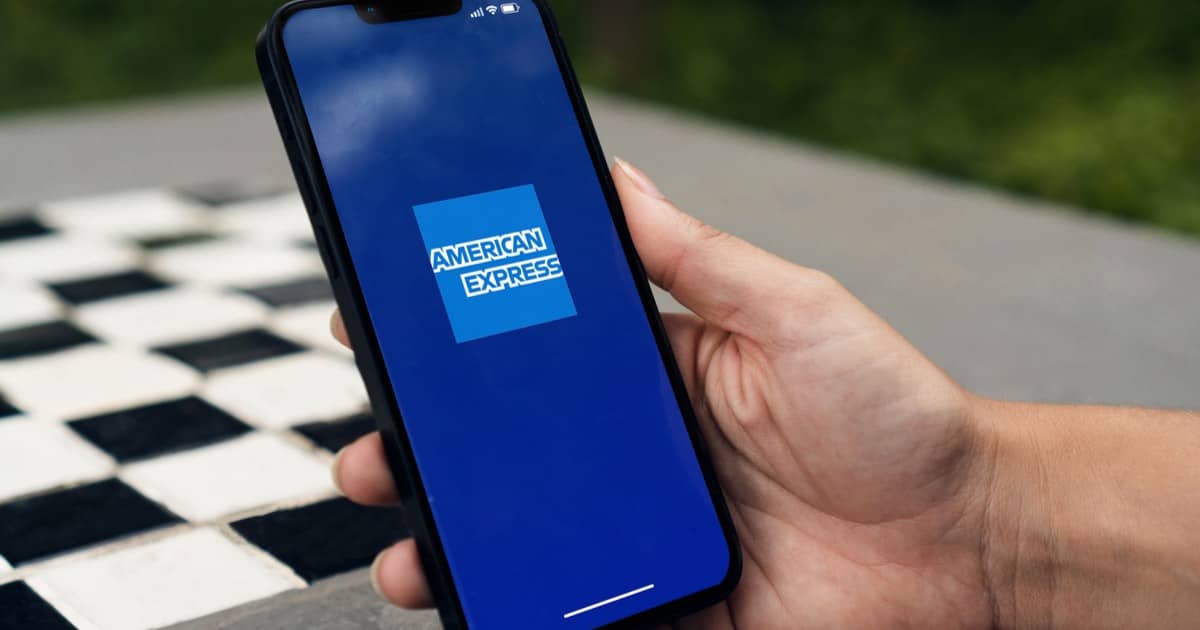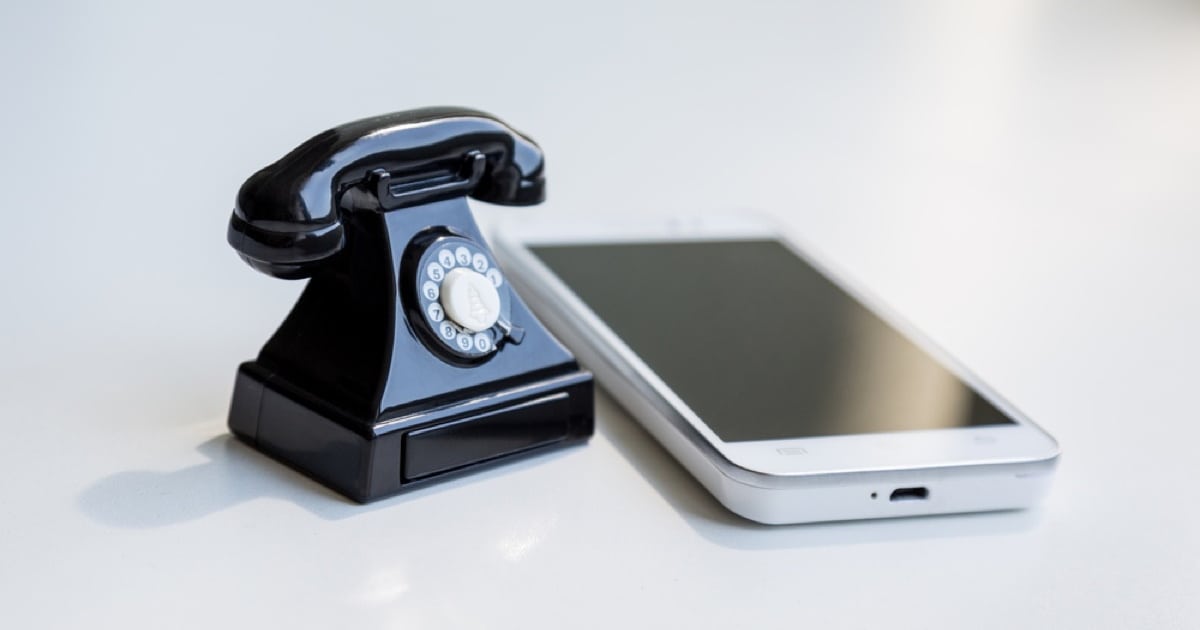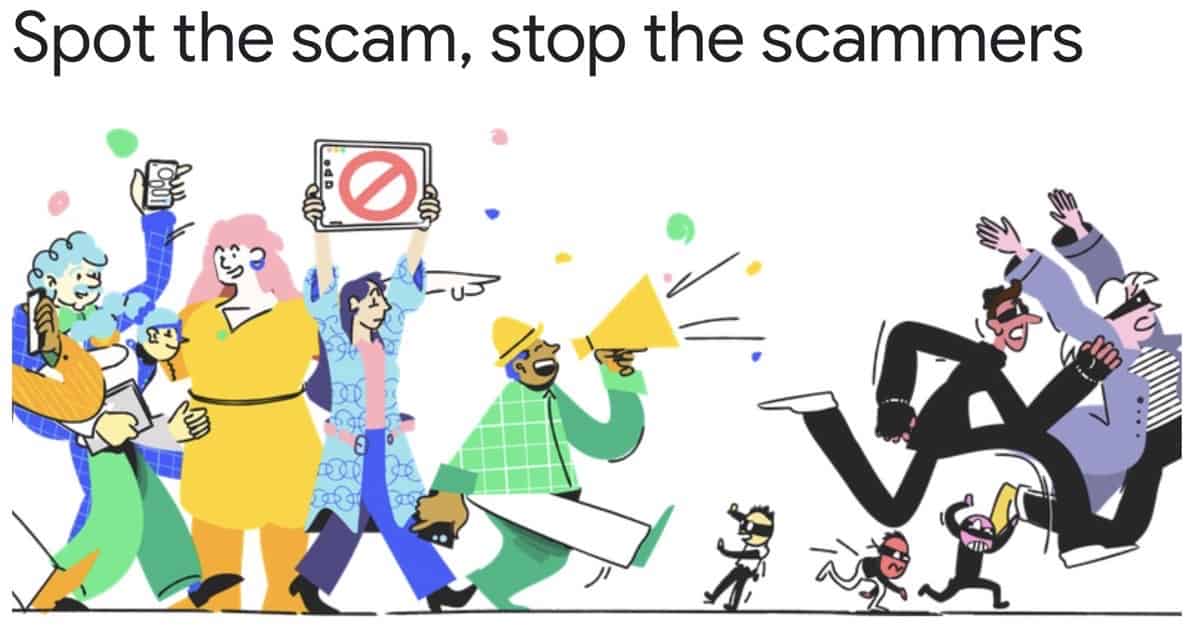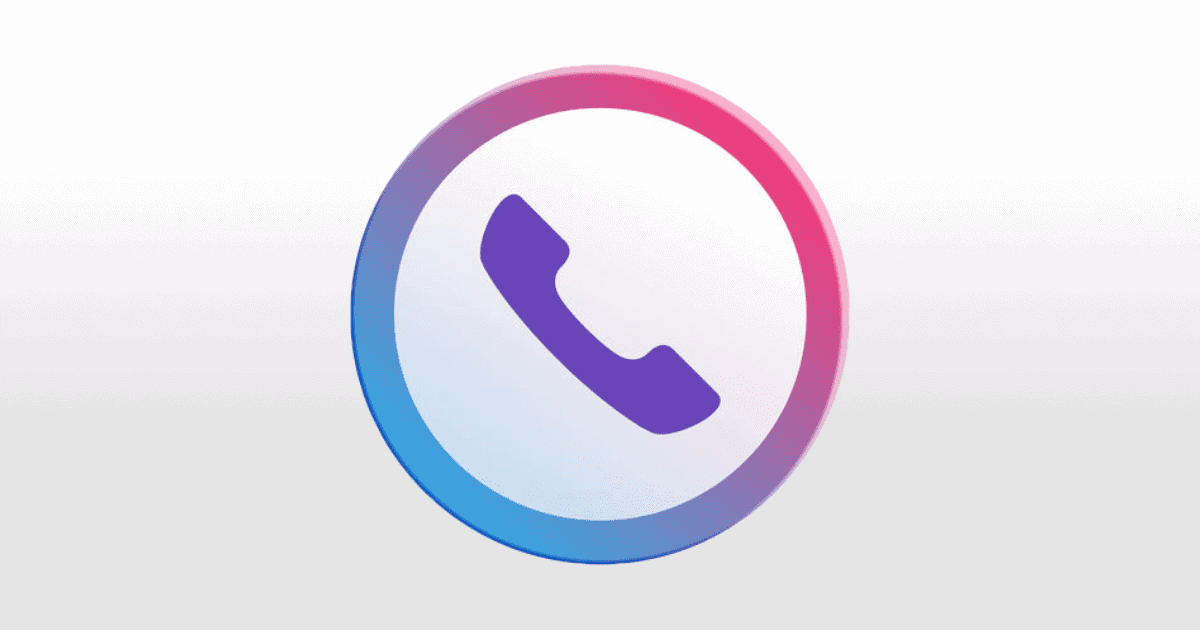Learn about the various iMessage scams, how to recognize, block, and report them to Apple, and recover if you have fallen prey to a scam.
scam
Scam Apps Still Abound in the App Store, Raking Millions from Apple Customers
A recent report says that there are still more scam apps that are active in the App Store and scamming users through fraudulent transactions.
Judge Rules Apple May Benefit from Gift Card Scams, Lawsuit Moves Forward
A judge has decided that Apple may be benefiting from gift card scams. Despite some claims being dismissed, the lawsuit will move forward.
Scammer Convicted For Stealing $4.7 Million From American Express Through iPhone Scheme
A Brooklyn, New York man has been convicted for scamming $4.7 million from American Express through the purchase and sale of iPhones.
FBI Warns of Money Transfer Scams Over Video Calls
The FBI is warning consumers to be aware of scammers impersonating high-level company executives to trick employees into transferring money.
Money Laundering Through Twitch Nets Hackers $10 Million
A report on Thursday claims that hackers were able to launder US$10 million on Twitch through the platform’s Bits currency.
Beware of Fake Job Ads That Can Steal Your Identity
Fake job ads are on the rise, a report says on Tuesday. Scammers use peoples’ Social Security Numbers to sign up for unemployment benefits.
That means scammers may need help from their victims — and sometimes they go to elaborate lengths to mislead them. Some fraudsters recreate companies’ hiring websites. One fake job application site uses Spirit Airlines’ photos, text, font and color code. The phony site asks applicants to upload a copy of both sides of their driver’s license at the outset of the process and sends them an email seeking more information from a web address that resembles Spirit’s, with an extra “i” (spiiritairline.com).
One Man Shows How The App Store Has a Scam Problem
As Apple faces scrutiny in the Senate, a man named Kosta Eleftheriou is challenging Apple in another way: By finding scam apps.
Security Friday: Exploits and Scammers – TMO Daily Observations 2021-04-09
Andrew Orr joins host Kelly Guimont to discuss (good) Security Friday news, including an in-depth look at phone scammers and tactics to stop them.
This Hacker Fights Back Against Phone Scammers
AARP recently published a fascinating investigative report of how one man, alias Jim Browning, fights back against phone scammers.
Scam Calls About Suspicious iCloud Activity are Appearing
Calls from scammers pretending to be from Apple and Amazon have been appearing lately. In the case of Apple, some of them mention suspicious iCloud activity.
In both scenarios, the scammers say you can conveniently press 1 to speak with someone (how nice of them!). Or they give you a phone number to call. Don’t do either. It’s a scam. They’re trying to steal your personal information, like your account password or your credit card number.
Facebook Credit Card Scam Exposed via Data Leak
A phishing and credit card fraud operation has been targeting Facebook users and was recently uncovered due to an exposed database.
The fraudsters used the stolen login credentials to share spam comments on Facebook posts via the victims hacked account, directing people to their network of scam websites. These websites all eventually led to a fake Bitcoin trading platform used to scam people out of ‘deposits’ of at least €250.
However, the day after we discovered the database, it was attacked by the ongoing widespread Meow cyberattack, which completely wiped all its data.
Apple Sued Over iTunes Gift Card Scams
Seven Apple customers filed an 11-count class action lawsuit against the company, alleging that Apple “knowingly or recklessly enabled an iTunes gift card scam.”
Security Friday, Apple Card Updates – TMO Daily Observations 2020-05-29
Andrew Orr joins host Kelly Guimont to discuss Security Friday news and some updates to Apple Card data in the Wallet app.
How to Spot Online Scams Using Google’s New Tool
Partnering with the Cybercrime Support Network, Google has a new tool called Scam Spotter. It gives you a quiz to help you spot online scams. It simplifies advice from experts into three golden rules:
- Slow it down: Are they telling you it’s urgent? Take your time and ask questions to avoid being rushed into a bad situation.
- Spot check: Are they claiming to be from a specific institution? Do your own research to double check the details you’re getting.
- Stop! Don’t send: Are they asking you to go to the store and get gift cards? If you think a payment feels fishy, it probably is.
FTC Sends Refund Checks to Victims of Tech Support Scams
The Federal Trade Commission will send refunds to tech support scams totaling US$1.7 million. The scam operated under Click4Support, claiming to be from companies like Apple and Microsoft.
The FTC will begin providing 57,960 refunds averaging about $30 each to victims of the scheme. Most recipients will get their refunds via PayPal, but those who receive checks should deposit or cash their checks within 60 days, as indicated on the check.
Reality Converter App, Online Scam Avoidance – TMO Daily Observations 2020-01-14
Bryan Chaffin and Andrew Orr join host Kelly Guimont to discuss Battery Case Replacements, the AR Converter app, and avoiding online scams.
PSA: People Have Been Getting Fake Military Draft Texts
The U.S. Army is warning Americans about fake military draft texts going around. They tell you to report to the nearest Army recruiter “for immediate departure to Iran.”
Some of the fake texts used real names of Army recruiting commanders — while others used fictitious names — lending the false appearance of authenticity, said Kelli Bland, a spokeswoman for the US Army Recruiting Command.
US military conscription was suspended in the 1970s. To resume the draft, Congress would need to enact legislation, according to the Selective Service System, the independent agency that would manage the draft in an emergency.
Robocalls and Scams are Killing Phone Calls
Sarah Hagi writes how the phone call is dying thanks to the rise of robocalling. Now, many people don’t answer unknown callers and instead send them to voicemail.
Speaking to so many people, it struck me how resigned everyone was to this fact: that this is seemingly just the way things are now, with no hope of it getting better, only worse. And while many believe millennials killed talking on the phone because we fear real connection, maybe it’s because we are too scared of getting scammed.
It’s appropriate to come across this article today because I’ve gotten an increase in robocalls in the past couple of days. Aside from using a robocall-blocking app, I go to Settings > Phone > Silence Unknown Callers.
What Happens When Apple Locks You Out of the Ecosystem?
Luke Kurtis shares his story of how Apple disabled his account after he unknowingly bought a fraudulent iTunes gift card. Although he eventually got his account restored, it took two months to get it back.
Had I not taken advantage of my internal Apple contacts, I may not have gotten my account back. I spent a large part of those two months in a kind of grief, mourning not only the loss of a collection of media built up over a decade and a half, but also all the products I owned that no longer functioned as they were supposed to. The company I had given so much money to over the years could revoke my access to everything with just the press of a button.
That’s pretty scary stuff. Now that Apple Card is a product, imagine getting locked out of your account, unable to pay off your Card because there isn’t a way to do it online.
News+: Don't Give Money to Ransomware Scammers
In the latest issue of PCMag, Max Eddy writes that you shouldn’t give money to ransomware attackers when they ask.
First, most cyberattacks—including ransomware—don’t last long. The command and control servers that issue the unlock commands and receive payment can be found and taken offline…In either case, anyone who has been infected and not paid the ransom can no longer get their system unlocked, even if they pay.
This is why keeping several backups is important, one online, one offline. And keep your operating system up to date with the latest security patches and improvements.
This is part of Andrew’s News+ series, where he shares a magazine every Friday to help people discover good content in Apple News+.
Van-Seyla Mork Pleads Guilty to $1 Million Apple Scam
This week Van-Seyla Mork of Kalamazoo, Michigan pleaded guilty to a US$1 million Apple scam. He filed fraudulent complaints to Apple customer support.
FCC Warns of Increase in One-Ring Robocalls
The FCC is warning of an increase in one-ring robocalls. Scammers call you once, the hope you’ll be curious enough to call back.
A long-running hustle that is reportedly seeing a resurgence involves a scammer calling someone and then hanging up after just a couple of seconds. The perpetrator hopes that curiosity will prompt the person to call back. But doing so will result in expensive per-minute charges, leaving the caller with an expensive bill if the scammer succeeds in keep them on the line for any length of time.
Hiya Says There Were 85B Robocalls Worldwide in 2018
Hiya has released its first Global Robocall Radar Report, and the results are troubling. Global spam calls grew 325% to 85 billion calls.





















